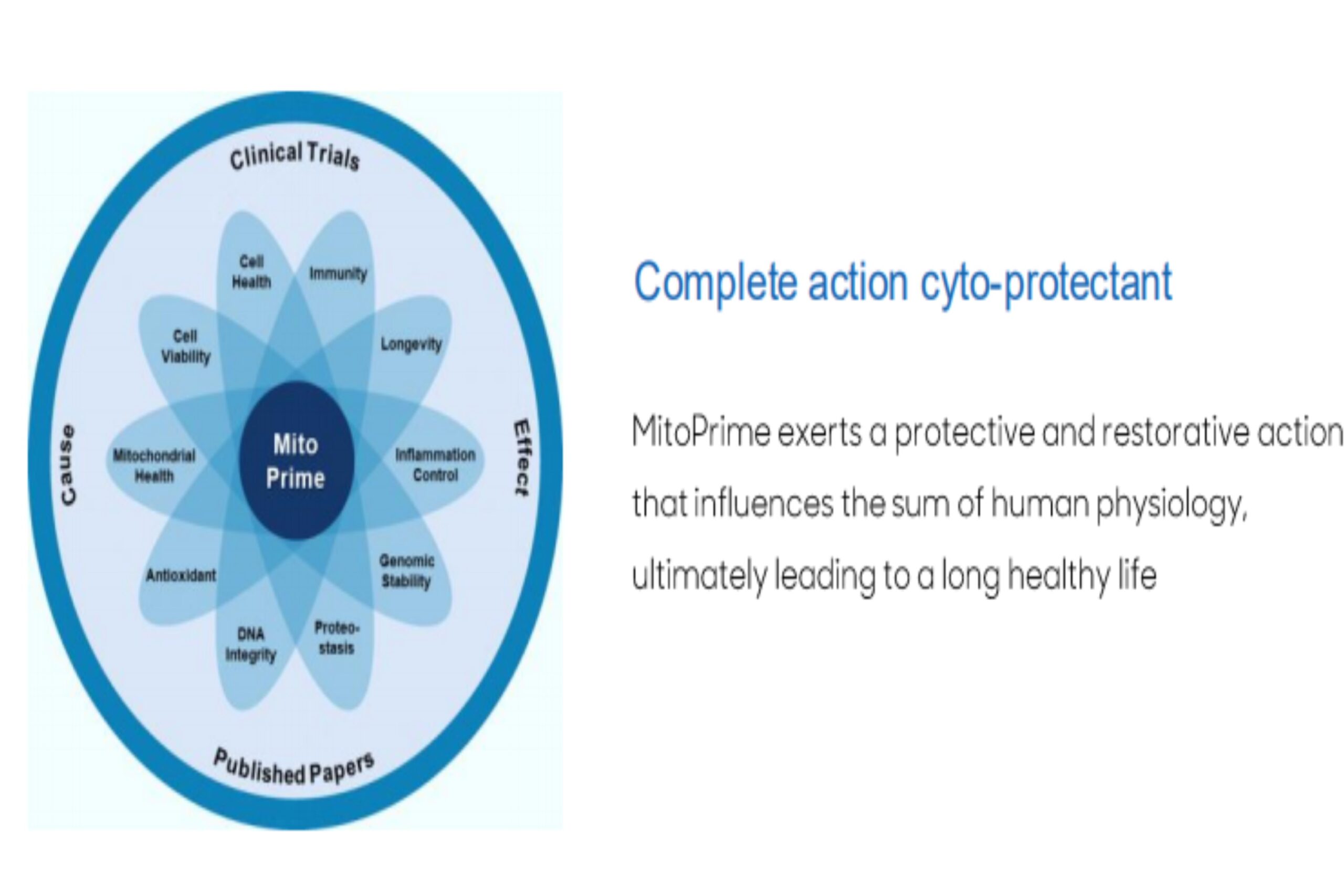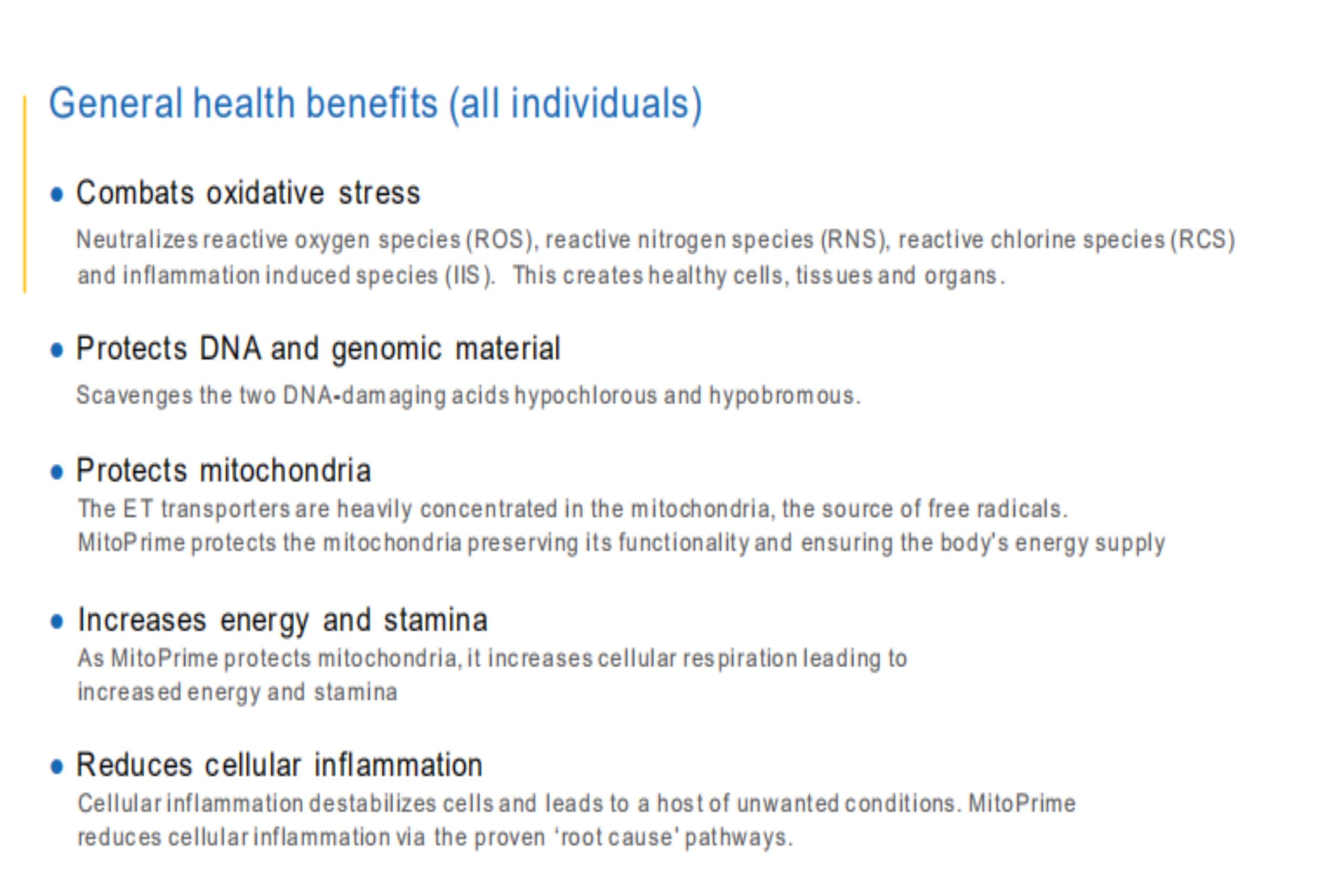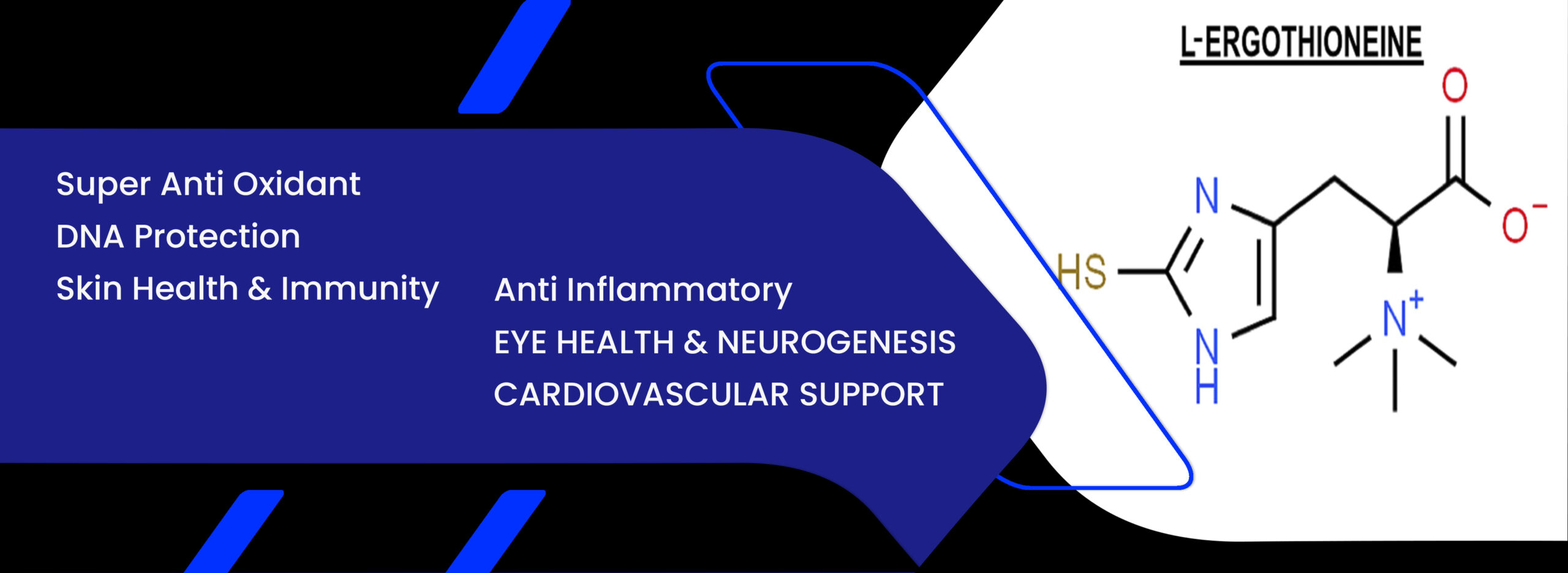
Background
Aging is a gradual process characterized by the accumulation of changes over time. It occurs due to the harmful effects of free radicals and oxidative stress on the body, leading to damage in the structures and functions of molecules, cells, and organs. These aging factors can be attributed to various processes, including oxidative stress, which involves an imbalance between the production and accumulation of reactive oxygen species (ROS) in cells and tissues and the body’s ability to detoxify these substances.
As we age, this progressive damage intensifies, and it is widely accepted as the prevailing theory explaining the aging process according to most scientists. However, there is hope in mitigating and sometimes even reversing cellular damage through a diet and supplement plan rich in micronutrients, antioxidants, and phytonutrients.
Among the potential antioxidants showing promise as a super antioxidant is L-ergothioneine. Before delving into how L-ergothioneine works and its benefits, it is essential to understand the roles of antioxidants and free radicals and why they play a critical role in preventing aging.
What are antioxidants and free radicals?

Antioxidants are substances that play a vital role in delaying, preventing, or eliminating oxidative damage to cells, molecules, and organs within the body. Another way to define antioxidants is as any natural or synthetic substance that directly scavenges free radicals or indirectly enhances antioxidant defenses while inhibiting the production of free radicals.
Free radicals are highly unstable molecules formed due to oxidation or the breaking of chemical bonds, causing them to become reactive compounds floating freely. While the body produces and uses certain free radicals for various processes, an excessive amount of free radicals can interact with lipids, proteins, and DNA, leading to damage and oxidative stress. When the body fails to neutralize these excess free radicals, it can trigger a chain reaction of detrimental effects within the body.
Antioxidants exert their beneficial effects through different mechanisms, such as interrupting the propagation of auto-oxidation chain reactions, acting as inhibitors of free radical oxidation reactions, inhibiting pro-oxidative enzymes, serving as reducing agents that convert hydroperoxides into stable compounds, repairing proteins, acting as metal chelators that convert iron and copper into stable products, and functioning as singlet oxygen quenchers.
By identifying specific antioxidants for supplementation, it becomes possible to neutralize free radical activity and effectively combat the aging process.
What is L-ergothionine?
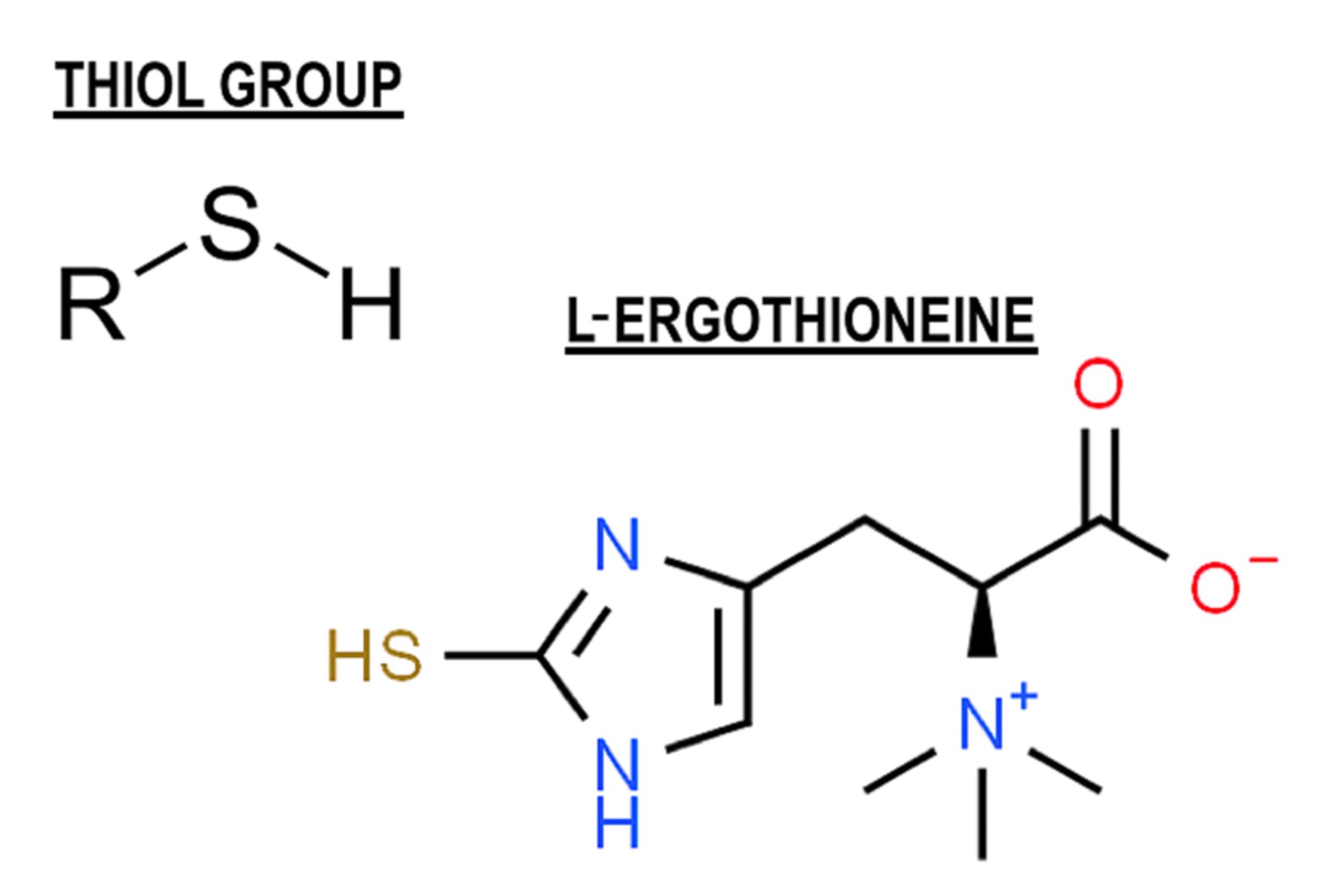
L-Ergothioneine, often abbreviated as ET, is a special type of natural amino acid histidine referred to by scientists as a “thiol” form. This compound holds remarkable properties as a super-antioxidant. Thiol-based antioxidants, known for their incredible potency, are considered among the most powerful antioxidants found in nature. An example of another well-known thiol-based compound is glutathione.
Naturally occurring in the body, L-ergothioneine has been linked to the aging process. Studies conducted in Asia and Australia through epidemiological research have revealed that plasma levels of L-ergothioneine decline with age, indicating an inverse correlation between L-ergothioneine and age. The decrease in blood L-ergothioneine levels could be attributed to factors such as increased cell turnover, dietary changes, or altered functioning of the ergothioneine transporter (ETT). This suggests that lower levels of L-ergothioneine in the bloodstream may pose a risk for age-related disorders while promoting overall health and longevity.
While L-ergothioneine can be obtained from the diet and is naturally present in various plants and foods, including mushrooms, black beans, red meat, king crab, rye, pork, chicken, and oats, supplementation with L-ergothioneine might have a more profound impact on supporting healthy aging.
Structure and Function of L-ergothionine
L-Ergothioneine, from a chemical perspective, is considered a tautomeric compound, meaning it is a structural isomer that can easily switch between different forms. Specifically, L-ergothioneine primarily exists in the thione form, which grants it greater resistance to oxidation compared to the super-antioxidant glutathione, known for its rapid oxidation. Due to this unique property, L-ergothioneine serves as a scavenger of various reactive compounds, such as ROS (reactive oxygen species), RNS (reactive nitrogen species), and even RCS (reactive chlorine species), effectively shielding cells from damage.
Inside the body, L-ergothioneine is highly concentrated in cells and tissues that frequently encounter oxidative stress. The existence of specific transporters for L-ergothioneine has been demonstrated, and they are abundant in various tissues. These transporters, known as ETT, facilitate the distribution of L-ergothioneine throughout the body via the bloodstream, storing it in areas with high free radical activity. Cells lacking ETT are more vulnerable to oxidative stress, leading to increased damage to mitochondrial DNA, protein oxidation, inflammatory response through cytokines, and lipid peroxidation. As a result, L-ergothioneine acts as a potent antioxidant and anti-inflammatory agent, while also safeguarding against lipid peroxidation and protecting both mitochondria and DNA.
Additionally, L-ergothioneine demonstrates senolytic properties, meaning it has the ability to target and eliminate senescent cells in aged tissues, leading to a rejuvenation effect that reverses the advancement of age-related conditions. As the body ages, senescent cells tend to accumulate in various tissues. L-ergothioneine functions by effectively clearing out these damaged and dying cells that are essentially occupying space and contributing to the aging process.
Benefits of L-ergothionine
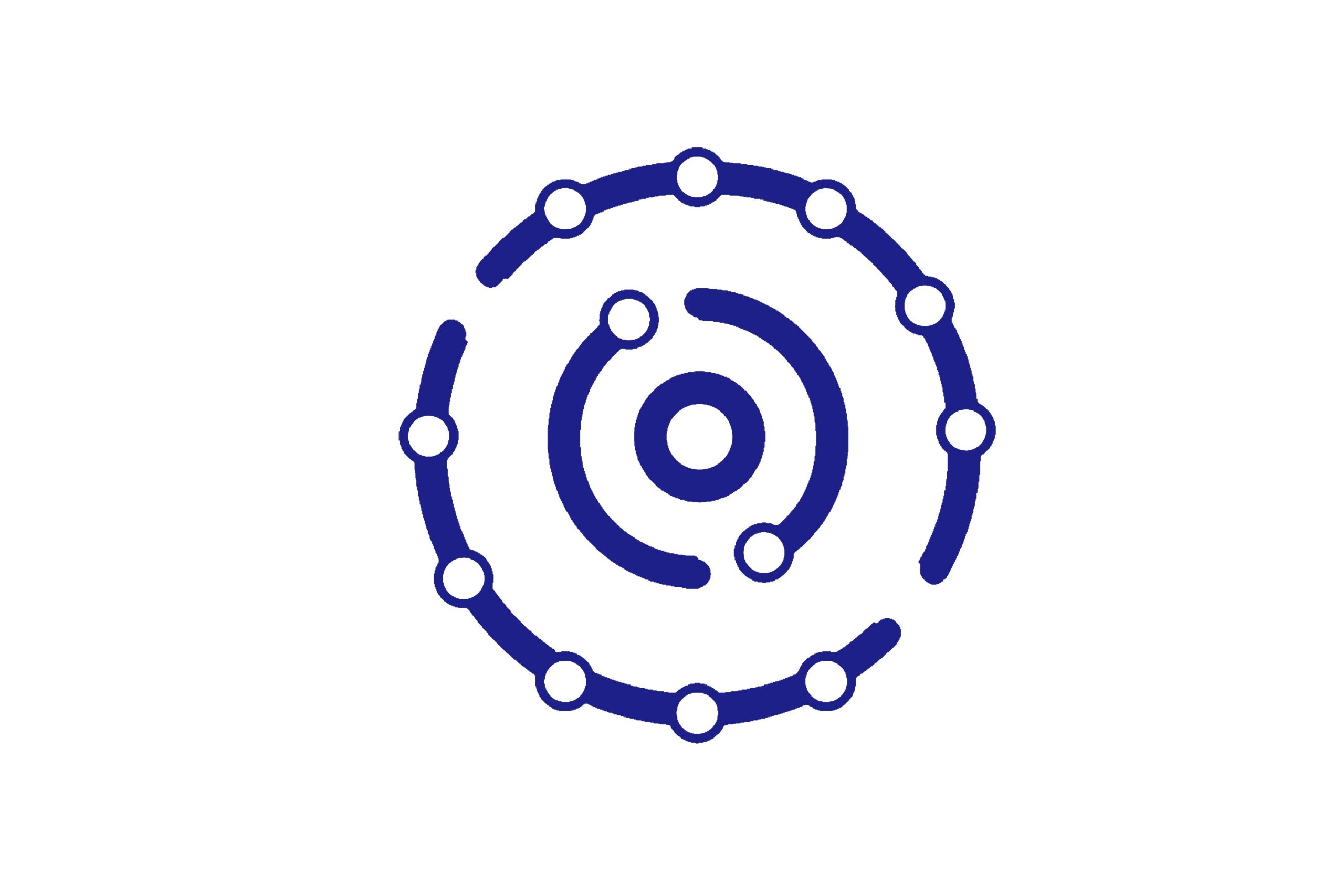
High Antioxidant Capacity
L-Ergothioneine, specifically in its MitoPrime form, has demonstrated significantly higher antioxidant capacity compared to many other well-known antioxidants. Here’s a comparison of L-ergothioneine’s (MitoPrime’s) effectiveness:
- It surpasses all other antioxidants in its ability to neutralize the most dangerous radical, singlet oxygen, by up to an astonishing 7,500%.
- L-ergothioneine outperforms glutathione, a renowned super-antioxidant, in eliminating all types of oxidants, demonstrating up to a remarkable 3,400% improvement.
- When it comes to inhibiting lipid peroxidation, L-ergothioneine excels over CoenzymeQ10 by an impressive 270%.
- MitoPrime exhibits an exceptional longevity with a half-life that is 4,500 times longer than glutathione, 268 times longer than polyphenols and flavonoids, and 18 times longer than Vitamin C.
These findings highlight the exceptional antioxidant prowess of L-ergothioneine (MitoPrime) and its potential to be a superior choice in combating oxidative stress and promoting overall health.
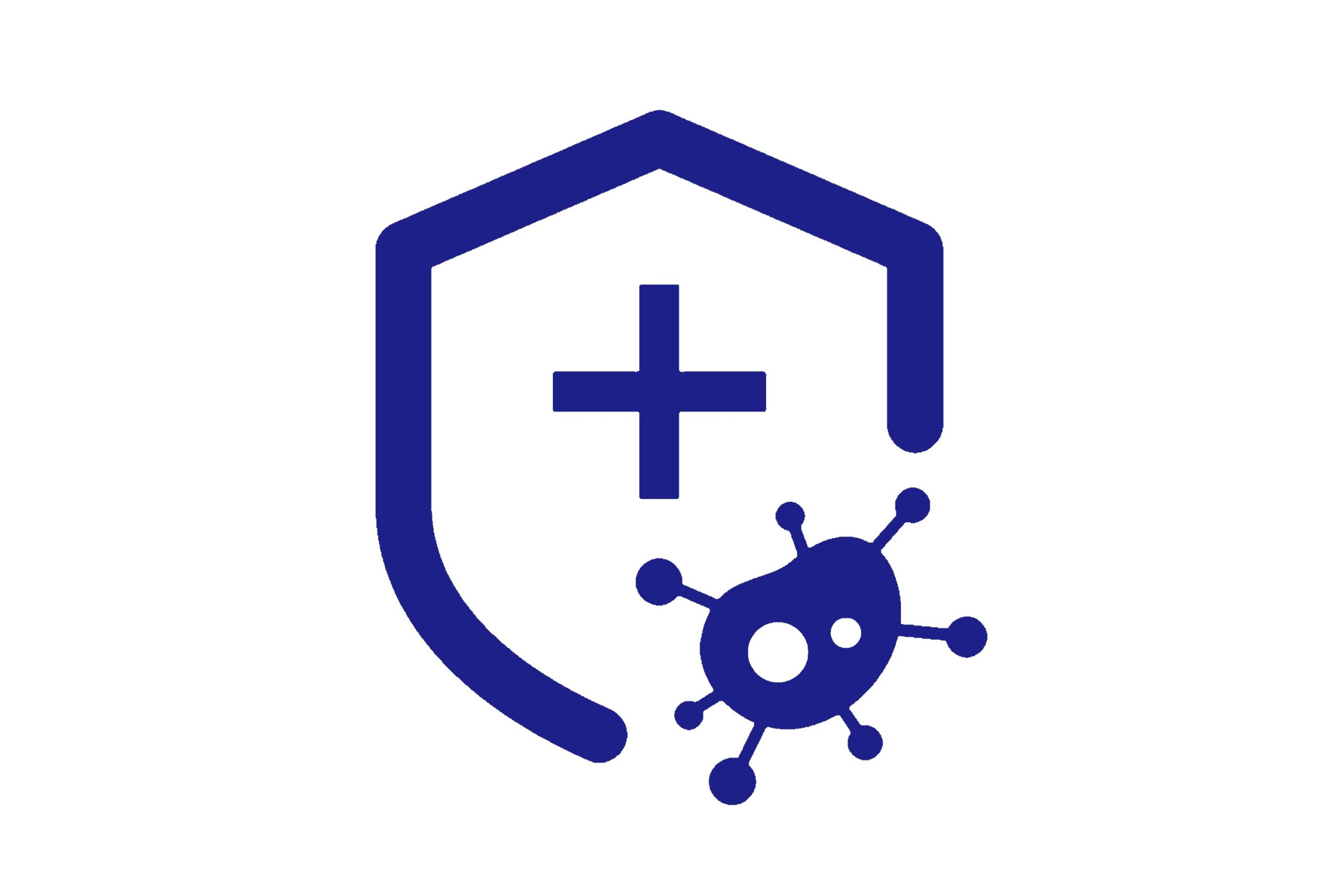
Skin Health and Immunity
Apart from the mentioned benefits, L-ergothioneine has proven to have a range of longevity-related effects. These include safeguarding skin cells from the harmful effects of UV radiation, regulating cytokine inflammation associated with various diseases, and exhibiting immunomodulatory effects by increasing the expression of ETT and enhancing the availability of L-ergothioneine.
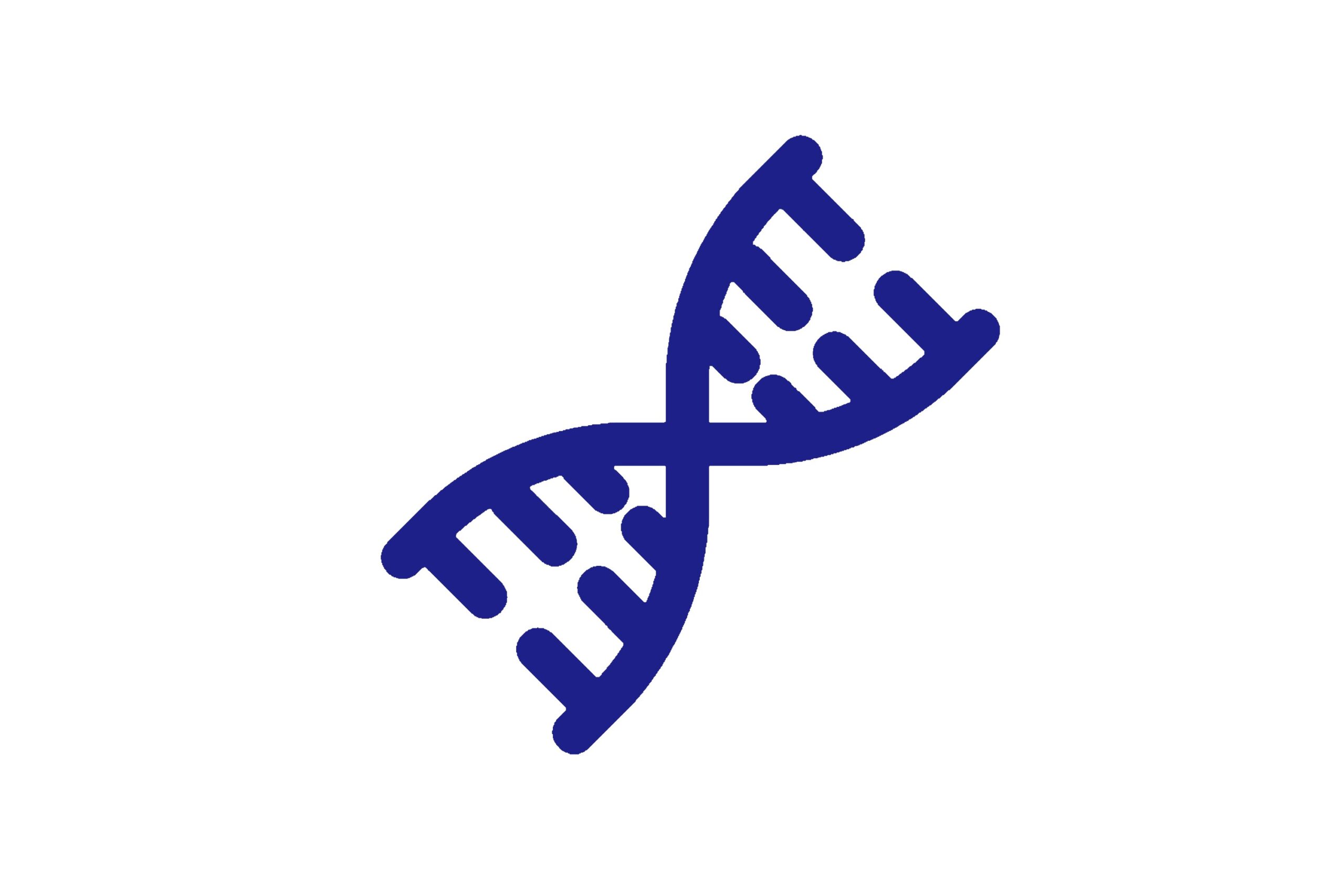
DNA Protection
Research has demonstrated that L-ergothioneine plays a crucial role in safeguarding DNA from free-radical-induced damage. It achieves this by effectively eliminating various reactive compounds, such as ROS, RNS, hypochlorous acid, and hypobromous acid, which fall under the category of reactive chlorine species (RCS). Notably, most antioxidants lack the capability to protect against RCS, making L-ergothioneine particularly unique in this regard.
RCS, being a potent free radical, poses a significant threat to mitochondrial DNA, leading to the creation of mutagenic DNA lesions. These lesions can cause alterations in the DNA sequence, resulting in incorrect DNA encoding and messaging, subsequently producing erroneous proteins. L-ergothioneine not only acts as a scavenger for RCS but also aids in protecting and assisting the repair of both nuclear and mitochondrial DNA.
In an in vitro study involving human-derived cells, exposure to L-ergothioneine demonstrated a protective effect on mitochondrial DNA when the ETT (ergothioneine transporter) was not expressed. L-ergothioneine treatment showed a dose-dependent prevention of free-radical-induced DNA damage. Moreover, cells treated with L-ergothioneine and lacking ETT exhibited significantly higher viability rates, with a remarkable 40 percent increase compared to untreated cells. Furthermore, L-ergothioneine displayed the ability to directly shield DNA from damage induced by UV radiation before it could harm the cells. The presence of ETT facilitates the transport of L-ergothioneine to counteract potentially damaging substances, thus contributing to the preservation of cellular integrity.

Anti-inflammatory support
Besides its impressive antioxidant capabilities, L-ergothioneine also exhibits notable anti-inflammatory properties. It has been found to effectively inhibit various pathways of inflammation, including those involving pro-inflammatory cytokines such as interleukin-6 (IL-6) and IL-8, myeloperoxidase (MPO), and NfKappaB.
Numerous in vitro cell models have demonstrated that L-ergothioneine can regulate the levels of inflammatory cytokines and mitigate oxidative damage. Studies on mice have shown that L-ergothioneine offers protection against acute lung injury induced by cytokines.
In a separate study involving mice exposed to cigarette smoke for a six-month duration, those lacking ETT (ergothioneine transporter) exhibited more severe inflammatory reactions. This was in contrast to cells expressing ETT, which accumulated higher levels of L-ergothioneine and displayed a reduced inflammatory response.
These findings underscore the potential of L-ergothioneine in combating inflammation and its importance in cellular protection against inflammatory conditions.
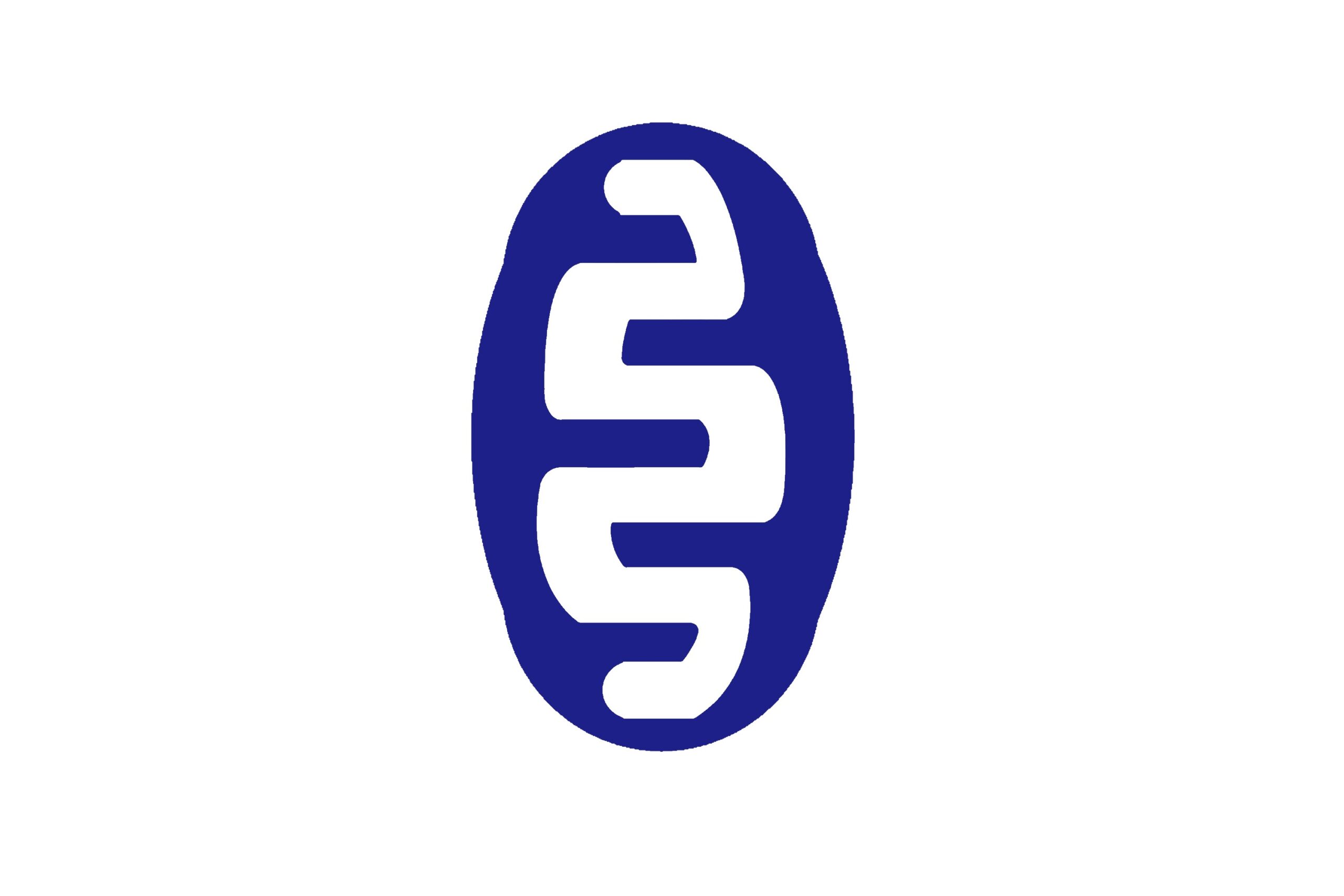
Eye Health and Neurogenesis
L-Ergothioneine is naturally found in the eye, and its presence may play a crucial role in shielding against oxidative damage. Conversely, lower levels of L-ergothioneine could potentially increase the vulnerability to certain eye disorders, including cataracts. Additionally, L-ergothioneine can accumulate in the brain, offering protection against oxidative damage and neuroinflammation. It has also been shown to provide defense against toxic amyloid accumulation and even stimulate neurogenesis. Furthermore, studies have linked L-ergothioneine levels with the prevalence of age-related neurodegenerative diseases.

Cardiovascular support
Furthermore, L-ergothioneine has demonstrated certain cardiovascular protective benefits. A study investigating the correlation between changes in blood metabolites and cardiometabolic diseases in 3,236 subjects revealed that higher levels of blood L-ergothioneine showed the most substantial association with a reduced risk of cardiometabolic disease.
mitoprime
MitoPrime, developed by NNB Biotech, represents a bio-perfected form of the histidine derivative L-ergothioneine, often dubbed as “the longevity vitamin.” Once inside the body, MitoPrime can be efficiently transported to wherever it is needed to provide protection against free radical damage. Despite its remarkable efficacy, the body cannot produce this antioxidant naturally. While certain foods like pork, king crab, mushrooms, and rye do contain some L-ergothioneine, the quantities are too low to meet the body’s requirements, making supplementation the most practical approach to obtain sufficient amounts. Supplementation ensures a concentrated and consistent dosage of this vital compound.
NNB Nutrition’s MitoPrime takes L-ergothioneine to the next level by offering an ultra-premium form. It is extracted using a patented technology, resulting in a highly bioavailable L-isomer form of ergothioneine that is 100 percent pure and completely natural. Notably, it has received GRAS (Generally Recognized as Safe) status approval from the FDA. Among ingredient manufacturers worldwide, NNB Nutrition stands out as the producer of the purest form of L-ergothioneine through its MitoPrime branded version of this exceptional super antioxidant.
applications
Beauty & Dermatological
Health &
Wellness
healthy
aging
